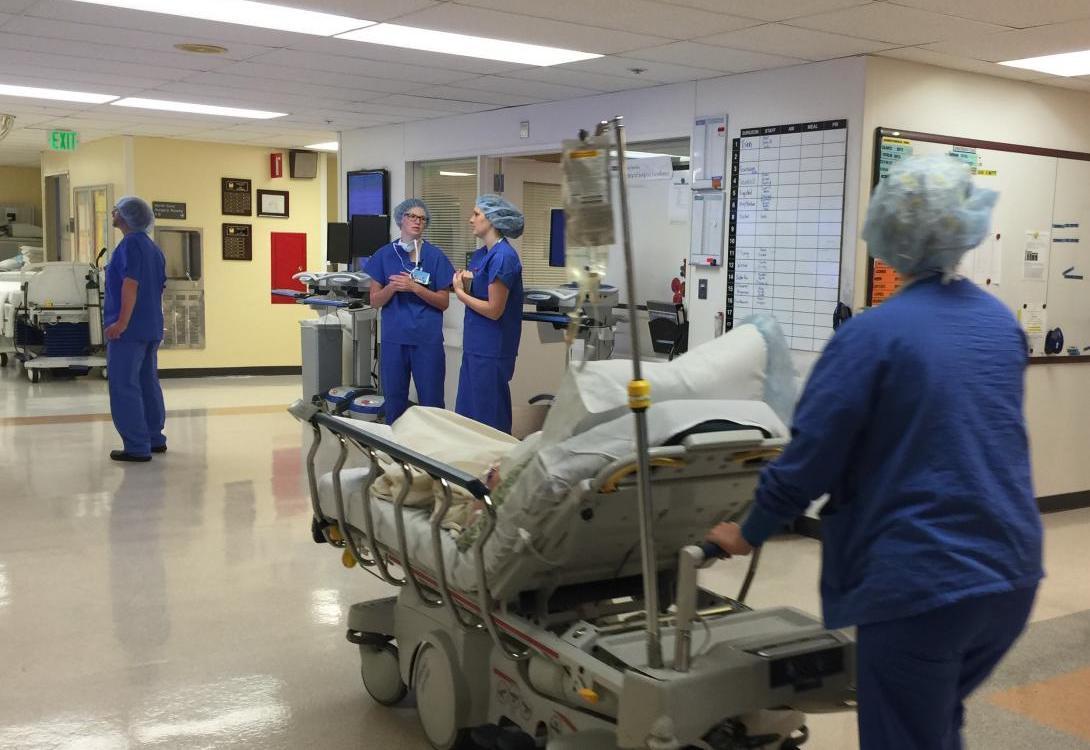
Oregon’s nursing shortage is on track to get worse as schools aren’t producing enough nurses despite high demand for the profession, according to a new report.
The report, produced by the Oregon Center for Nursing and the University of California, San Francisco, was requested by lawmakers earlier this year and provides an overview of the mounting challenges the Legislature faces as it seeks to address the state’s shortage of nurses in the 2023 session.
“The study findings indicate Oregon’s nursing workforce is severely stressed and that the COVID-19 pandemic revealed and exacerbated existing issues,” reads the report’s executive summary. “The current nurse staffing shortages appear to be widespread.”
Oregon has seen nurses cut back on hours or leave the profession over working conditions. While Oregon has seen the number of nursing school graduates rise from 1,384 in 2011 to 1,783 in 2021, there are fewer people entering the profession’s pipeline.
The number of applications to Oregon’s nursing programs have been declining since the 2017-2018 school year when over 5,000 qualified applicants applied to bachelor’s degree programs and over 3,000 applied to associate’s degree programs, according to the report. For the 2020-2021 school year, bachelor’s programs saw about 4,500 applications and around 2,400 for associates.
“There isn’t a warehouse of nurses who are just waiting for us to call them,” Jana Bitton, executive director of the Oregon Center for Nursing, told the House Health Committee on Wednesday.
Oregon has relied on nurses migrating to the state, and rural communities and non-hospital settings are at risk of seeing shortages if migration trends reverse, according to the report.
The report called for lawmakers to retain current nurses and begin growing the pipeline beginning with middle and high-schoolers. It also recommended an expansion of nursing programs, but noted that schools face difficulty in attracting instructors because of the relatively low pay.
State Rep. Rachel Prusak, a nurse practitioner who is stepping down at the end of her term, noted during the hearing that she had taken a teaching position, which she said pays “crap.”
She said, “We have to figure this out.”
You can reach Jake at [email protected] or via Twitter @jakethomas2009.